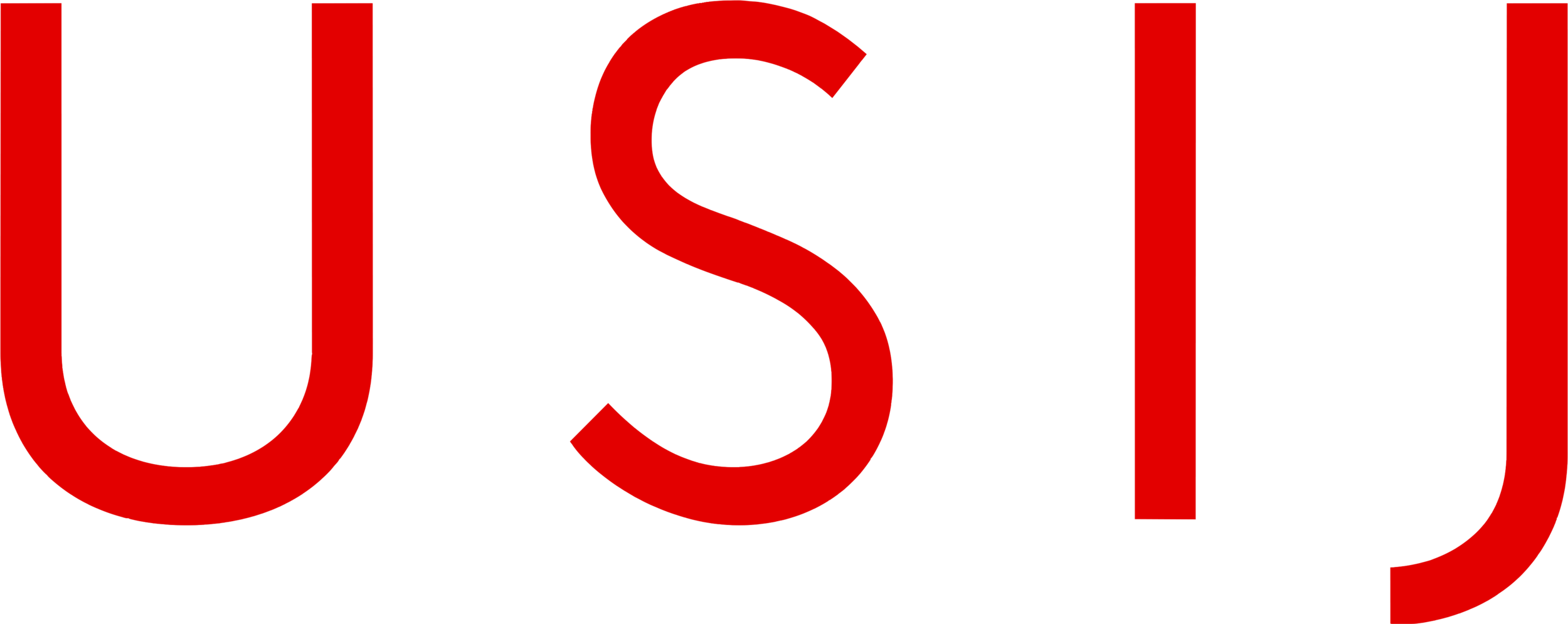USIJ Amicus Brief - Google v Oracle
Summary of Argument
USIJ’s principal concern in this case is broader than simply the impact that this Court’s decision might have on the parties or on the use of the Java language and Java platform. Adoption of Google’s arguments would risk unintended collateral damage to entrepreneurs, startups and other highly creative companies that rely on copyright protection to justify their investment of time and resources to build new businesses and bring new software products and services to market.
Computer source code is treated as a literary work under the Copyright Act, because it is the ultimate “expression” of the “ideas” that underlie the functional operation of a given software program. Although filtering the unprotectable abstract ideas from protected expression as to the nonliteral aspects of a software program can sometimes require a more extensive look at peripheral facts, the specific words arbitrarily selected by an author-programmer as his or her “expression” of the creative work are unquestionably protected as copyright-eligible subject matter. 17 U.S.C. §§ 101, 102(a). The incontrovertible fact controlling this case is that Google copied verbatim 11,000 lines of the very words authored by the programmers at Sun Microsystems (now Oracle) as “declaring code” for use with the Java platform.
The development of a new software product that will have substantial commercial value is a lengthy, complex and expensive undertaking. Without reliable protection of the creative expression in a finished program, the willingness of software developers to invest time and resources into such an undertaking will be severely impaired.
A stable environment is essential to entrepreneurs and investors who would create software products that work by licensing other programmers to use their copyrighted works. This point is particularly critical today, where the U.S. and many other countries – China in particular – are racing to become the global leaders in numerous fields of technology that depend on computer software to advance the state of the art, including artificial intelligence, robotics, 5G communications and the use of quantum computing that promises to increase exponentially the speed and utility of computers.2 Software is at the core of technological advances in many if not most industries today, and will be a key to maintaining our country’s technology leadership in the 21st century. The law should encourage all of our citizens who have the intelligence, training and capital resources to continue solving the daunting problems of the modern world. Without adequate copyright protection, a crucial incentive for entrepreneurs and their investors to develop new software systems and products that require interaction with programmers will be lost.
